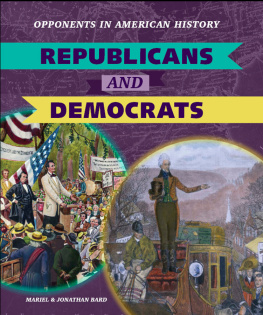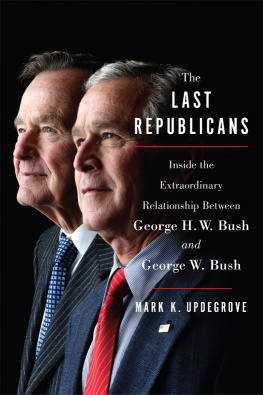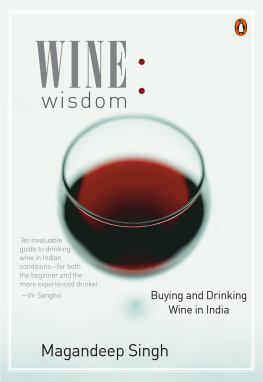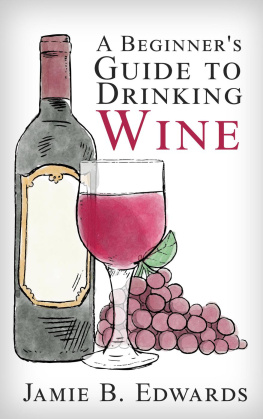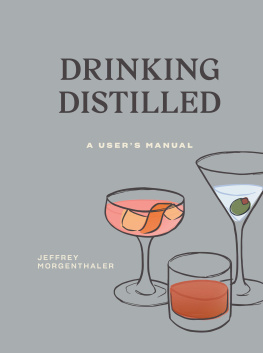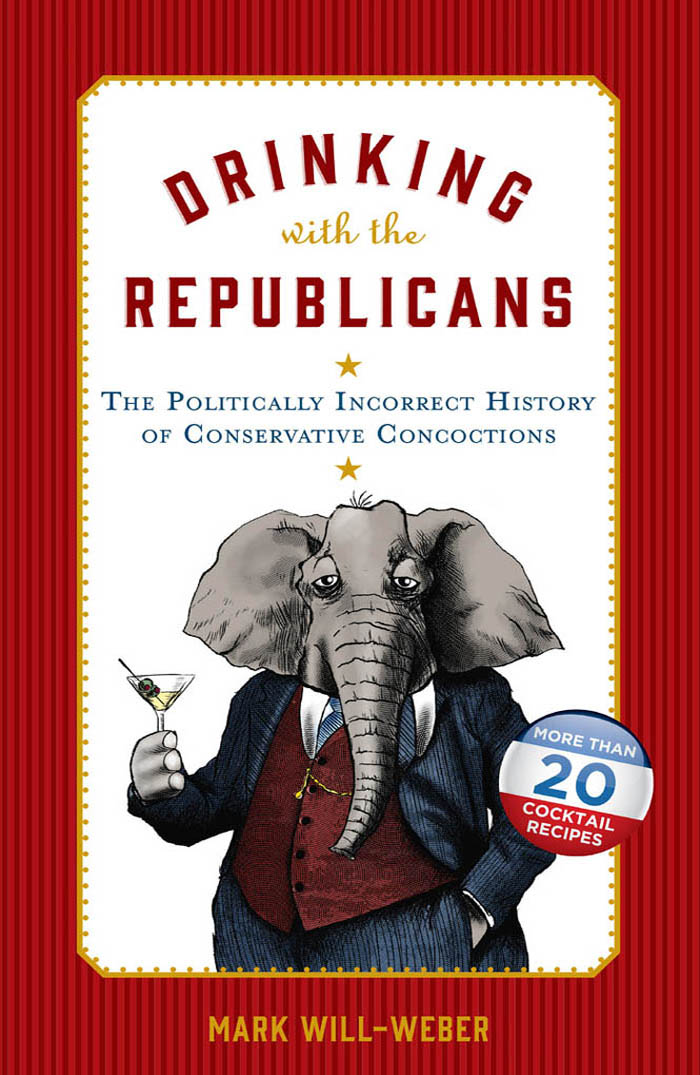

Copyright 2014, 2016 by Mark Will-Weber
All rights reserved. No part of this publication may be reproduced or transmitted in any form or by any means electronic or mechanical, including photocopy, recording, or any information storage and retrieval system now known or to be invented, without permission in writing from the publisher, except by a reviewer who wishes to quote brief passages in connection with a review written for inclusion in a magazine, newspaper, website, or broadcast.
Some material in this book was adapted from Mint Juleps with Teddy Roosevelt: The Complete History of Presidential Drinking. See full edition for complete bibliographical information.
Regnery History is a trademark of Salem Communications Holding Corporation;
Regnery is a registered trademark of Salem Communications Holding Corporation
First e-book edition 2016: ISBN 978-1-62157-547-4
Library of Congress Cataloging-in-Publication Data
Names: Will-Weber, Mark, author.
Title: Drinking with the Republicans: the politically incorrect history of conservative concoctions / Mark Will-Weber.
Description: Washington, DC: Regnery Publishing, 2016.
Identifiers: LCCN 2016019737
Subjects: LCSH: Presidents--Alcohol use--United States--History. | Republican Party (U.S.: 1854- )--Anecdotes. | Presidents--United States--Biography. | Drinking of alcoholic beverages--United States--History. | Drinking behavior--United States--History.
Classification: LCC E176.1 .W6749 2016 | DDC 973.09/9--dc23
LC record available at https://lccn.loc.gov/2016019737
Published in the United States by
Regnery History, an imprint of
Regnery Publishing
A Division of Salem Media Group
300 New Jersey Ave NW
Washington, DC 20001
www.RegneryHistory.com
Manufactured in the United States of America
10 9 8 7 6 5 4 3 2 1
Books are available in quantity for promotional or premium use. For information on discounts and terms, please visit our website: www.Regnery.com.
Book interior design: Jason Sunde
Distributed to the trade by
Perseus Distribution
250 West 57th Street
New York, NY 10107
Table of Contents
Guide
CONTENTS

 THE PRESIDENTS
THE PRESIDENTS 

W HAT BETTER WAY TO CELEBRATE our rich political history than with a book about U.S. presidentsand alcohol! This book is part history, part cocktail recipe handbook, and all fun.
Author Mark Will-Weber has scoured the archives and historical records for the best stories about White House drinking, which is no small feat since a few of them were teetotalers. And while some stories about drinking can be downright downers, Mark has worked hard to keep it light and frothy in this edition.
Republicans are known as the staid, the conservative, and oftentimes the boring. But this book shows that the GOP presidents let their hair down, so to speak. Find out which ones violated Prohibition (Warren Harding), and which ones got a little tipsy with staffers (Gerald Ford). Read about which Republicans used alcohol to help with foreign relations (Richard Nixon) and which ones used it to ply voters (George Washington).
And for each president, a cocktail recipe is provided so you can follow along at home. Some of the recipes are that presidents actual favorite cocktail, and others are contrivances based that presidents life or background.
We tried to keep it fun, so go ahead and read about the tippling POTUSes, and mix up a cocktail or two to shake things up. And while moderates may be the scourge of the Republican Party, we recommend that you always drink in moderation.
Alex Novak
Publisher
Regnery History

T HIS BOOK is called Drinking with the Republicans. But not all of the presidents covered herein were actually Republicans. We didnt want to leave out some of the greatest and best-known early presidents; so, after careful thought, we took liberties and drafted some of those early presidents into the Republican ranks. Included as Republicans for the purposes of this book are George Washington, who was an independent; John Adams, a Federalist; and a quartet of Whigs: William Henry Harrison, John Tyler, Zachary Taylor, and Millard Fillmore. The companion to this edition is called Drinking with the Democrats. In that book, we grouped Thomas Jefferson, James Madison, James Monroe, and John Quincy Adams as Democrats. In their day, they were affiliated with the Democrat-Republican Party.


 17891797
17891797 

LET YOUR RECREATIONS BE MANFUL NOT SINFUL.
George Washington
A PRESIDENTIAL PRECEDENT

G EORGE WASHINGTON, Americas most famous general, smoothly made the transition to president. His most famous encounter with alcohol occurred when he put down the Whiskey Rebellion in western Pennsylvania. But that had to do with taxes and federal authority. Washington did not have any objection to the potent potable itself; in fact, several years after the Whiskey Rebellion, coincidentally or not, Washington had a whiskey distillery set up at his Mount Vernon plantationa venture that proved quite profitable.
Washington, like other general-presidents, had to draw a hard line on soldiers and officers who drank themselves into states of inebriation. In fact, the wise general had to keep his eager men in line when they captured hogsheads of Hessian rum after the famous crossing of the Delaware. But he also was ready to dispense a moderate rum rationas was standard practice of the daywhen his men needed it or when their efforts were worthy of an extra shot.
Not unlike Thomas Jefferson, Washington enjoyed wines and beer more than whiskey (if, in fact, he drank whiskey at all). But he never drank in the Executive Mansion. (John Adams, the second president, was the first leader to actually live in the Executive Mansion.) He did, however, imbibe almost daily when he occupied the Presidents House on Market Street in Philadelphia during his presidential years and at Mount Vernon, his splendid plantation in Virginia.
THE WHISKEY REBELLION
When the words Washington and whiskey appear in the same sentence, they are typically in the context of the Whiskey Rebellion (17911794). To pay off the national debt (the Patriots had borrowed heavily to finance their war against England), Washingtons secretary of the treasury Alexander Hamilton looked to tax whiskey. Farmers on what was then the frontier of western Pennsylvania railed against the tax. The whiskey rebels harassed government revenue agents and threatened to burn the barns and stills of farmers who complied with the 7.5 percent whiskey tax; some even threatened to torch the town of Pittsburgh. But Washington squashed the uprising in the autumn of 1794, deploying some thirteen thousand militiamen to the most troublesome areas.


